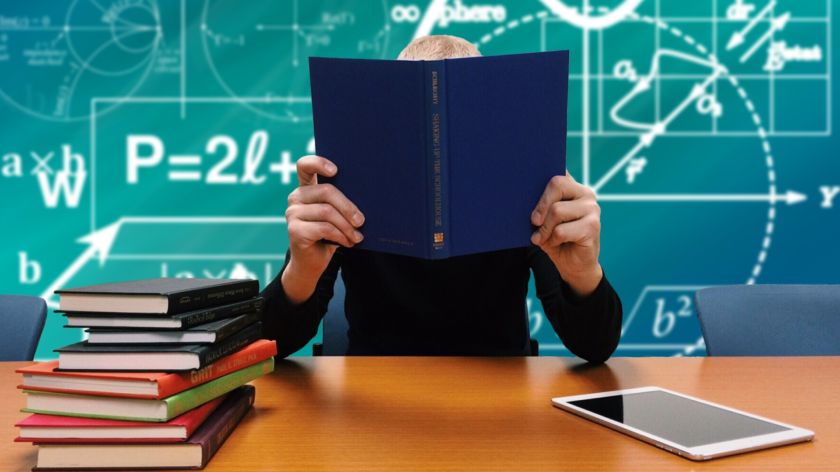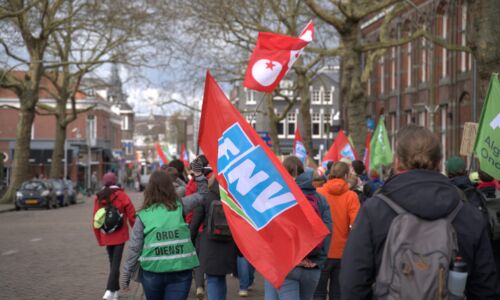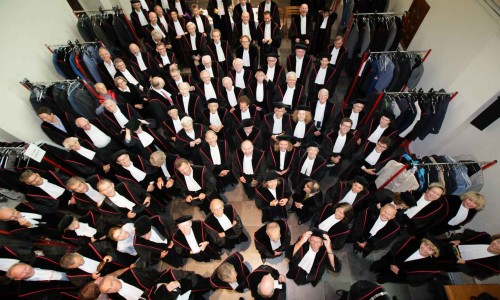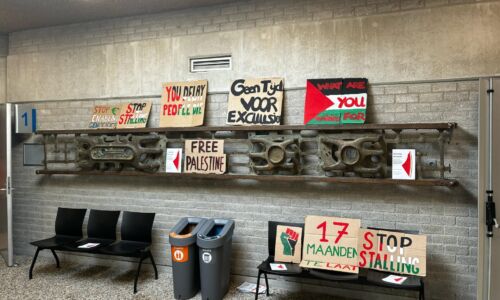Nijmegen researchers win memory competition
How do you remember the translation of eighty Lithuanian words? The method developed by researchers from Nijmegen, was named best by the company Memrise. The prize for the researchers: ten thousand euros and a lot of honour.
It was a big surprise for the team from Nijmegen: the memory method they developed was better than the one from other, prestigious universities like Oxford and Massachusetts. About a week and a half ago, the team was notified of their victory in the competition organised by the British company Memrise.
‘What we get from it, shortly said, is ten thousand euros’, says Nils Müller. The German PhD student at the Donders Institute is one of the seven scientists in the Nijmegen team. ‘We divide the money evenly amongst the team members’.
Eighty words
The scientists’ job was to develop a method that enabled participants to learn eighty foreign words within an hour. A week later, the participants were tested. The method developed by the team is a combination of several methods. Users of the new method managed to remember twice as many words as the people who tried to learn the words without help.
One of the aspects of the method that Müller and his team mates developed is known as adaptive algorithm. ‘This algorithm helps practicing the words, because it adapts to the speed at which the participant learns’, says the PhD student. ‘This means that if you already know the translation of a word, it will not appear again soon. The words that are harder for you, will appear more often.’
The ideal preparation for your exam
How best to prepare your exam? Nils Müller wants to elaborate on that. ‘Spread the learning work over a period of time that is as long as possible. Cramping everything in your head in the last days is not efficient. It makes you forget the information much quicker.’ What’s also important: ‘To remember something well, it is important that you have some knowledge beforehand. Your brain likes to connect to things you already know’. Concretely, this means: prepare your classes. ‘That way, you will win time in the end, it will take longer to study when you wait until the last minute.’ Another advantage: your professor will like it too.
Lava
On top of that, the users of the Nijmegen method got an introduction to mental imagination. This was led by Boris Konrad, another member of the group and memory athlete: he participates in international memory competitions, so he knows what he is talking about.
Müller gives an example of mental imagination: ‘Lova means bed in Lithuanian. It looks like the Dutch and English word ‘Lava’. Therefore, it is smart to imagine lava in your bed. With an association like that, you will remember the translation faster.’
Even though winning the competition is fun for Müller – ‘I just moved, so the money will go to furniture’ – it does not yield much for fundamental science. ‘We don’t know why our method did so well. It’s not until you know what the actual success factor is, that you can do something with it in further research.’




